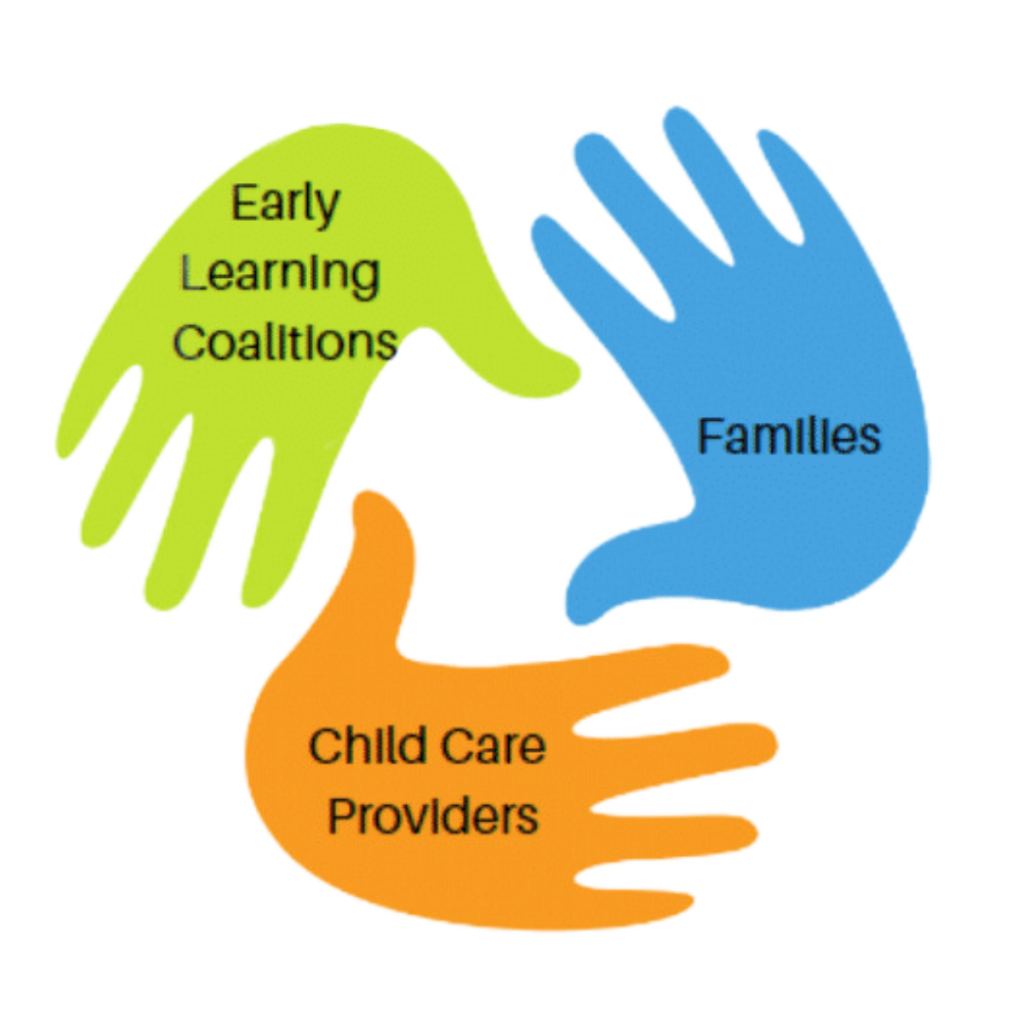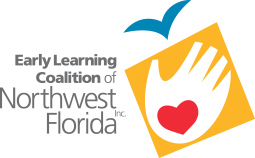Encouraging Curiosity: Nurturing Young Learners Through Summer Exploration
As the days grow longer and the pace of life slows down, summer offers a golden opportunity to nurture one of the most powerful tools in a young learner’s development: curiosity. When children are encouraged to ask questions, explore their surroundings, and wonder about the world, they build the foundation for lifelong learning.
Here’s how you can spark and support curiosity in young learners this summer:
1. Follow Their Questions
Children are natural question-askers. Instead of rushing to provide answers, try responding with:
- “What do you think?”
- “Let’s find out together.”
- “That’s a great question—let’s explore it!”
This approach turns everyday moments into learning adventures and shows children that their thoughts and ideas matter.
2. Create a Curiosity-Friendly Environment
You don’t need a fancy classroom—just a few simple tools:
- A basket of nature finds (leaves, rocks, feathers)
- A magnifying glass or bug jar
- A notebook or sketchpad for drawing and writing observations
- Access to books or videos that dive deeper into their interests
Set up a small “exploration station” at home or in the backyard to invite open-ended play and discovery.
3. Encourage Open-Ended Play
Play is how young learners make sense of the world. Offer materials that don’t have a “right” way to use them:
- Blocks, loose parts, and recycled materials
- Water, sand, and mud
- Art supplies like paint, chalk, and clay
Ask questions like, “What are you building?” or “What happens if you try it this way?” to keep the curiosity flowing.
4. Read Books That Inspire Wonder
Choose stories and nonfiction books that spark imagination and introduce new ideas. Look for books about:
- Animals and insects
- Space and the ocean
- How things work
- Real-life explorers and inventors
Pair reading with hands-on activities to deepen the connection.
5. Start a Curiosity Journal
Invite your young learner to draw or dictate their questions, discoveries, and favorite moments. A simple journal can include:
- “Today I wondered…”
- “I discovered…”
- “I want to learn more about…”
This not only builds literacy skills but also helps children reflect on their learning journey.
Final Thoughts
Curiosity is the spark that lights the path to learning. By creating space for questions, exploration, and wonder, you’re helping your young learner grow into a confident, creative thinker. And summer is the perfect season to let that spark shine bright.
Family Engagement Month 2024

November is Family Engagement Month which is a special time to recognize the vital role that parents and families play in their child’s education. After all, families are their child’s first teacher. This month is an opportunity for families to partner with the Early Learning Coalition and early learning programs to support their children’s learning and development.
What is Family Engagement?
Families are engaged when they partner with early learning programs to promote their children’s development, learning, and wellness. Positive relationships between families and staff in early learning programs are the foundation for family engagement.
Partnering with Families for Children’s Success
Family engagement supports school readiness for early grade success and prepares children for life. Family engagement is a shared responsibility of the Division of Early Learning, early learning coalitions, community partners, and childcare providers to engage families in meaningful ways to actively support their children’s learning, development, and wellness.

Family Engagement Checklist for Families
This checklist is a tool for your family to use to consider the level of partnership with your child’s early learning program. Ask yourself the following questions and check a box for your answer. For any items answered “no”, write a note on how you can begin doing that item.
Consider sharing your responses with your child’s teacher and discuss ways you can be even more engaged in your child’s learning.
Family Engagement Calendar
Download the Family Engagement Calendar below for ways you can increase engagement with your children daily:
Family Engagement Pledge
Take the following pledge and let your child know you are committed to their success.
As a parent, guardian, or caring adult, I pledge to support my child’s education and healthy development to the best of my ability because I am my child’s first teacher. I have high expectations for my child and want them to succeed in school and in life. I pledge to stay involved, serve as a positive role model, and maintain open communication with my child’s teachers to ensure education remains a top priority in my household. I understand that it is my responsibility to stay informed and involved in all parts of my child’s education and health. Education is the key to success, and I will do everything I can to promote my child’s ability to learn.
At the Early Learning Coalition, we also have a Child Care Resource and Referral (CCR&R) program that can connect you with resources to help support your role as your child’s first teacher. You may contact them at 850-747-5400 ext. 108.
Wellness During the Holidays

There are a few simple things that we can do this holiday season to help our children stay mentally and physically well. Diet plays a critical role in our wellness and foods such as berries, green vegetables, and pumpkin seeds promote brain development and support immune health.
Fatigue, body aches, and feeling down can be a sign that your child is overdue for a wellness check, but don’t forget about their brain’s health! Mental health challenges can be overwhelming during the holiday season. This is to be expected when routines are off, family members you haven’t seen for a while are crowded in your personal space, and there’s tons of funny looking food without a chicken nugget in sight.

Here are some tips for helping your child combat stress:
- Plan ahead and consider creating a safe space for your children to express themselves in new places. Reflect and respond to your child’s thoughts, feelings, and needs which will create an atmosphere of understanding and acceptance for your child and help prevent problems.
- Pick your battles and try to use humor. Finding a way to laugh with your child will help relieve their body’s stress response and redirect from negative feelings.
While children pour into their caregivers for support this holiday season, it is important that we don’t forget to pour into ourselves. Self-care can replenish a parent’s energy, focus, and positivity. Whatever strategies you choose to keep you and your family well, be intentional and do it with love. For more tips on how to promote your child’s wellness during the holidays, contact our Help Me Grow team at [email protected].
Family Engagement Month 2023

November is Family Engagement Month which is a special time to recognize the vital role that parents and families play in their child’s education. After all, families are their child’s first teacher. This month is an opportunity for families to partner with the Early Learning Coalition and early learning programs to support their children’s learning and development.
What is Family Engagement?
Familes are engaged when they partner with early learning programs to promote their children’s development, learning, and wellness. Positive relationships between families and staff in early learning programs are the foundation for family engagement.
Family engagement has been shown to:
- Increase a child’s motivation to learn
- Reduce behavioral problems
- Support growth and development
- Foster school readiness skills, such as impulse control, attention, memory, and planning skills
The following checklist is a tool for your family to use to consider the level of partnership with your child’s early learning program. Ask yourself the following questions and check a box for your answer. For any items answered “no”, you may want to write a note on how you can begin doing that item. Consider sharing your responses with your child’s teacher and discuss ways you can be even more engaged in your child’s learning.

Family Engagement Ideas
Below are ideas of ways you can increase engagement with your children:
- Visit your local library and read together.
- Read your child’s daily note and talk about the activities they did at school.
- Explore and talk about different jobs or careers with your child.
- As a family, learn more about recycling efforts to reduce, reuse, and recycle.
- Encourage conversation among family members at the dinner table.
- Invite your child to help you plan a meal, make a grocery list, shop, and help prepare the meal.
- Use ‘downtime’ in the car or on a walk to sing songs or teach nursery thymes to your child.
- During bath time let your child discover which objects will float and which objects sink.
- Draw a picture with your child from their favorite book.
- Use facial expressions and have your child guess the emotion you are showing. Are you happy, sad, or scared?
- Talk about things for which your family is grateful.
- Add some fun to everyday routines. Play music and dance together while making dinner, folding laundry, or cleaning up.
- Talk with your family about helping others and why it is important.
- Take a walk with your child and collect leaves to sort by shape and size.
- Establish a consistent bedtime routine with your child (bathing, brushing teeth, reading a story).
- Talk, read, and sing to your baby or young child every day. It helps your child’s brain development.
- Take a walk through your home and make finding counting activities part of a regular routine.
- Share five favorite things about your child with them.
- Talk! It’s the #1 thing you can do to support your child.
- Plan a day with no electronics. Read books, play board games, or do puzzles with your child.
- Help your child find numbers, shapes, or colors during the day.
- Ask your child what activity they would like to do today.
- Play your favorite music and dance with your child.
- Read with your child and make a list of things that they wonder about from the book.
- Visit a local park and talk about what they see.
- Snuggle up and read to your child for 15 minutes.
Family Engagement Pledge
Take the following pledge and let your child know you are committed to their success.
As a parent, guardian, or caring adult, I pledge to support my child’s education and healthy development to the best of my ability because I am my child’s first teacher. I have high expectations for my child and want them to succeed in school and in life. I pledge to stay involved, serve as a positive role model, and maintain open communication with my child’s teachers to ensure education remains a top priority in my household. I understand that it is my responsibility to stay informed and involved in all parts of my child’s education and health. Education is the key to success, and I will do everything I can to promote my child’s ability to learn.
At the Early Learning Coalition, we also have a Child Care Resource and Referral (CCR&R) program that can connect you with resources to help support your role as your child’s first teacher. You may contact them at 850-747-5400 ext. 108.

 Translate
Translate

